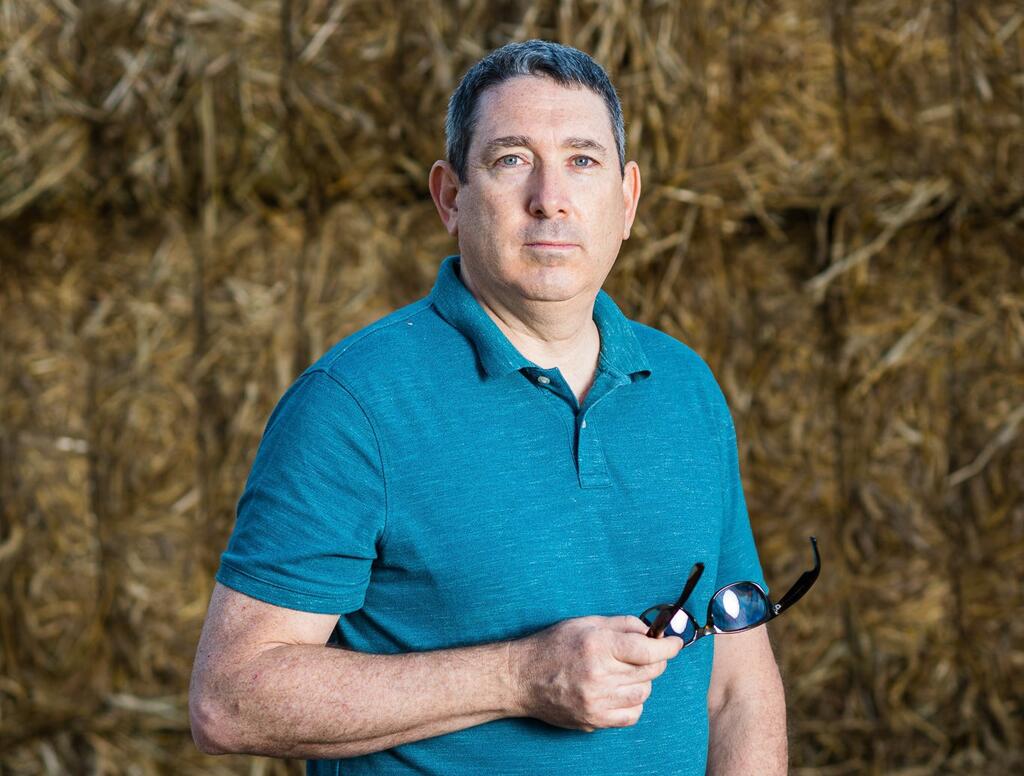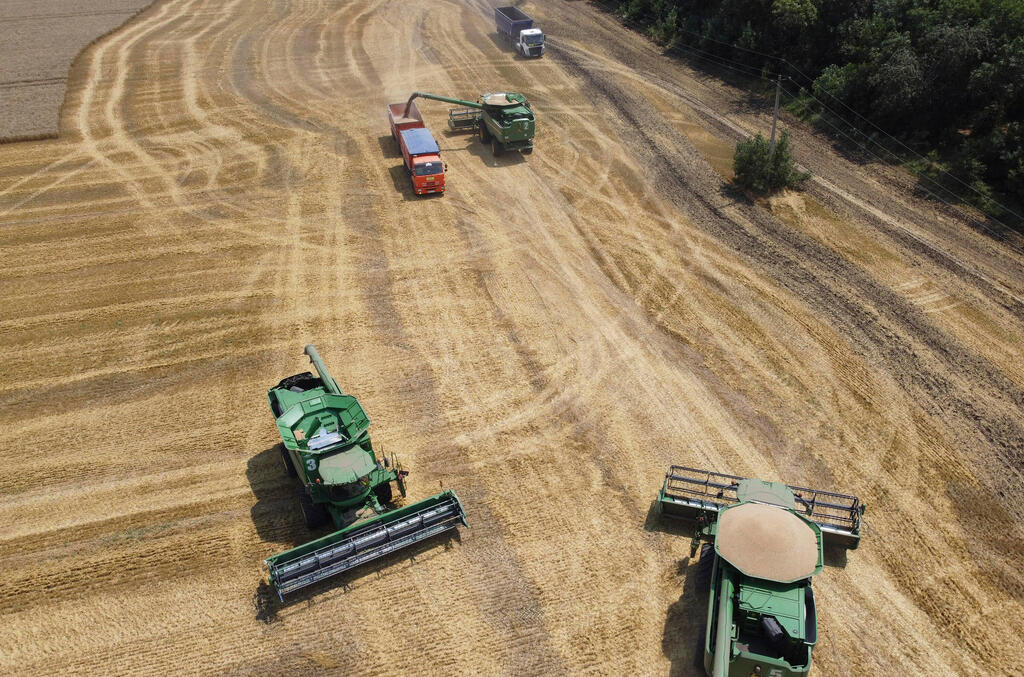As the effects of the Russian invasion of Ukraine are already apparent at the gas pump, an Israeli scientist told Ynet on Monday that the ongoing conflict could beget a global food crisis as well.
"We're all interconnected, and our food system is an example of the close relationship between states, which produce and consume the food we all need," said Prof. Aron Troen of the Robert H. Smith Faculty of Agriculture at the Hebrew University in Jerusalem.
"The crisis already exists, it's here. We're living with a global climate crisis that changes our production abilities and pushes prices upward. The energy crisis affects food supplies and further constrains supply chains. Add to that a war that is raging in the country responsible for 12% of the world's calorie intake, and we've got a problem on our hands."
Prof. Troen that the war will also have a particularly detrimental effect on Israel and its neighbors as Middle Eastern countries rely heavily on grain imports from both Russia and Ukraine.
"About 40% of wheat imports in the Middle East come from the region of Ukraine and Russia. In countries like Egypt and Lebanon, a third or half of their calorie intake relies on these sources," he said. "In Egypt, for example, there are food reservoirs that are supposed to last for a year, and only for several months in Lebanon. The reservoirs in Israel are also limited. This may not only lead to soaring food prices but a famine as well."
According to Prof. Troen, there are already 800 million people suffering from hunger worldwide as of today, and about three billion people living in a state of food insecurity due to high food prices. He also states that about one in five Israelis struggle to afford a balanced diet.
Russian oligarch Andrey Melnichenko, who earned his wealth in the fertilizer and coal business, also expressed his concern about the war stoking a sharp increase in the price of fertilizers, making them no longer affordable to farmers.
"The events in Ukraine are truly tragic. We urgently need peace," said the 50-year-old Russian national who was born in Belarus to a Ukrainian mother. "Some of the victims of this war are the agriculture and food industries."
Russian President Vladimir Putin also warned last Thursday that food prices would go up globally if the West bans fertilizer exports from Russia, which makes up 13% of the global output.



